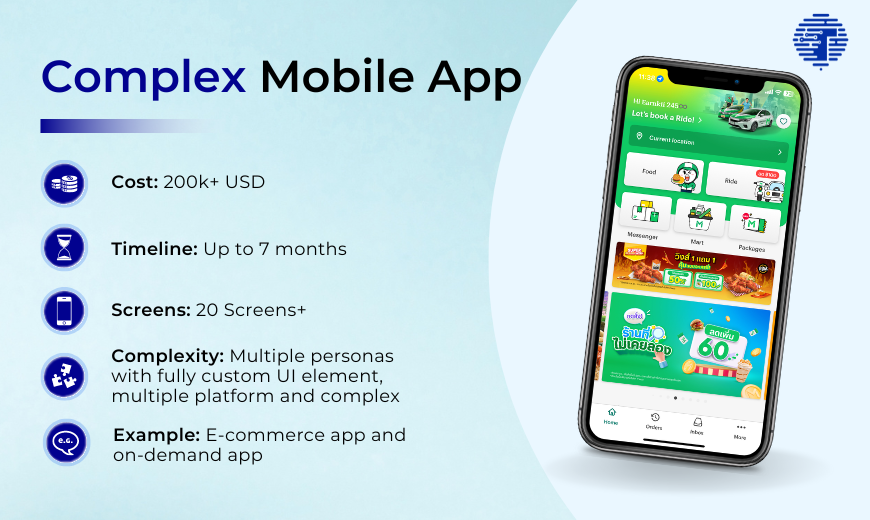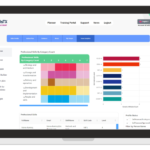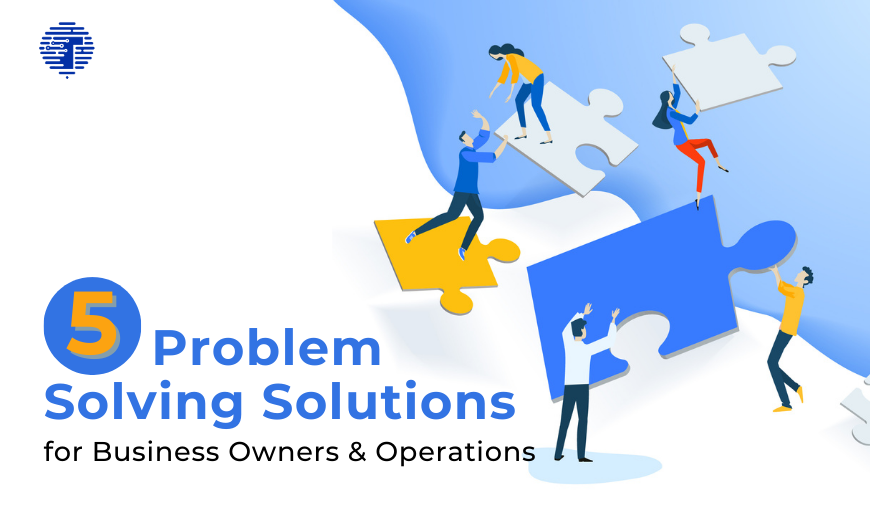Introduction
As the number of mobile app users globally is on track to hit 6.4 billion by 2029, leveraging mobile apps is becoming increasingly crucial for businesses.

A business leader like you might be wondering how much it could really cost to bring your app to life. The cost significantly depends on the developer’s location. For instance, in the U.S. or Australia, you might pay around $140-$160 per hour, whereas in Thailand, they range from $40-$70 per hour.
Starting a mobile app can cost from $10,000 to $40,000 for simple apps and can reach well over $200,000 and into the millions for complex applications, factoring in the intricacy of UX/UI design, coding efforts, and hidden expenses such as data storage, updates, and maintenance.
This guide aims to shed light on mobile app pricing, distinguishing between Simple, Medium, and Complex apps based on their features and complexity to help you plan your project better.
Type 1: Simple Mobile App

A simple mobile app is a single platform and consists of simple UX/UI elements and features, 5 to 8 screens, basic functions, limited integration, and no data storage.
This simple complexity takes three to four months to build based on the basic functions offered through the app. It won’t take much time to build the app because of its simple typical features. Also, the cost can start from a meager price based on a collection of its main features.
Common features include:
- Registration
- Profile management,
- Search
- Notifications,
- Messaging,
- File uploads
- Basic admin dashboard.
Type 2: Medium Mobile App

A mid-level app includes more features and has a few integrations commonly like social media and data storage. It is cross-platform with custom UX/UI elements and simple third-party integrations.
Some extra features added for these applications such as;
- Social Media Integration (Email, SMS, etc.)
- In-App Purchases
- Payment Integration
- Geo-Location
- Camera/Gallery
- E-commerce
- QR/Barcode Scanner
- Stream Audio/Video
- Location Tracking
- User Privacy Setting (Better security system)
- Data Storage
As you can see, in these mid-tier applications, the features are more extensive and complicated. The higher complexity results in a longer time required for UX/UI design and software development which translates into higher costs for mobile app creation.
Type 3: Complex Mobile App

A complex mobile app is a custom application usually for enterprise-level or mature businesses. It requires various infrastructure elements; 20 screens with multiple personas, multiple platforms, and complex third-party API integrations.
Below are some examples of features are complex mobile application can have in addition to the features of a mid-level mobile application:
- Data Synchronisation
- Customisation
- Online Streaming
- In-app calls/Video Chats
- Augmented Reality
Larger capital investment and length of time are required to include factors such as the number of dashboards, feature complexity, number of third-party API integrations, etc.
Simply put, the more complex your app is the longer time it takes, and the more money you spend. These additional costs can be mitigated by rolling out additional features in later, planned updates. Allowing revenue to grow and absorb the additional application development and UX/UI design costs rather than having to front up the required investment before your application gains traction.
Struggling to find the right partner for your projects?
Based in the heart of Bangkok, Trienpont International is your one-stop service to transform your mobile app from simple to complex projects.
Our experienced team is ready to build your mobile application, on time and within budget with the quality you demand. By choosing us, you’re opting for a hassle-free, one-stop solution that transforms your app development journey into a rewarding experience, turning your vision into a digital reality with ease and expertise.





